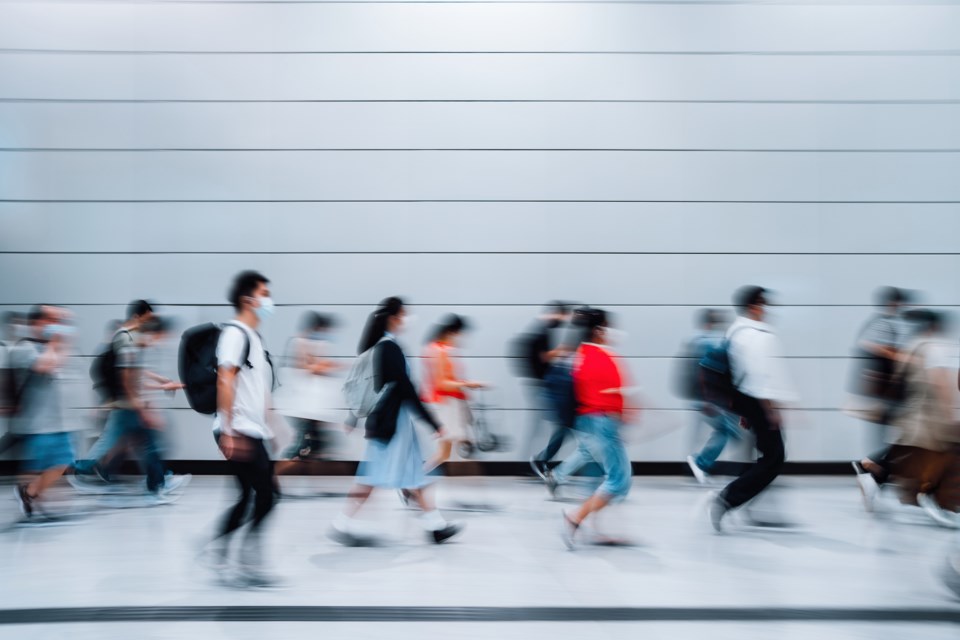A UBC researcher is hoping to learn more about how daily experiences affect mental well-being.
Nancy Sin, of UBC’s UPLIFT Health Lab and assistant professor in the Department of Psychology, said the goal of the study is to understand how people are coping with daily life both during the pandemic and in the “transition phase…back to a more normal kind of day-to-day life.”
As part of the study, participants — who must be over the age of 25 — must fill out surveys throughout the day for two weeks, wear a sleep watch and physical activity monitor and collect saliva samples so Sin and her team can look at their stress hormones.
“I’m really interested in their positive experiences. We do ask about their emotions, about the kinds of stressful events and their social interactions. And embedded within our questions about social interactions, we do ask about whether people were treated unfairly or had experienced any discrimination that day,” said Sin.
“We’re hoping that with that information, we can understand these variations in how people are responding to stress and also what kinds of experiences in daily life allow people to cope better with stress.”
She said the study was first launched before the pandemic, but the pandemic then forced it to then be put on hold until last year.
So far, about 200 participants from around B.C. have enrolled, said Sin, who is now hoping to get more people from the local community involved – particularly individuals who identify as part of a minority group.
“This is really important for us. We want to make sure that we have a diverse sample and that the data that we are collecting (reflects) the experiences of people from all walks of life.”
Sin said the data collected in the study could help inform programs to boost emotional well-being as well as policy changes to better direct resources.
For example, earlier on in the pandemic, Sin and her team researched age differences in emotional wellbeing.
“Based on that work, it really seems that there’s an opportunity for older adults and young adults to link up, for example, in intergenerational volunteering programs,” she said. “That can reduce loneliness and facilitate more social wellbeing and more social interactions between different generations.”
When it comes to sleep, Sin said some policy changes that could be looked at include changes in the workplaces or school start times, or how families can help set good sleep behaviours.
Anyone interested in participating in the Daily Experiences and Health Study can learn more online at https://blogs.ubc.ca/dailyhealth/.



